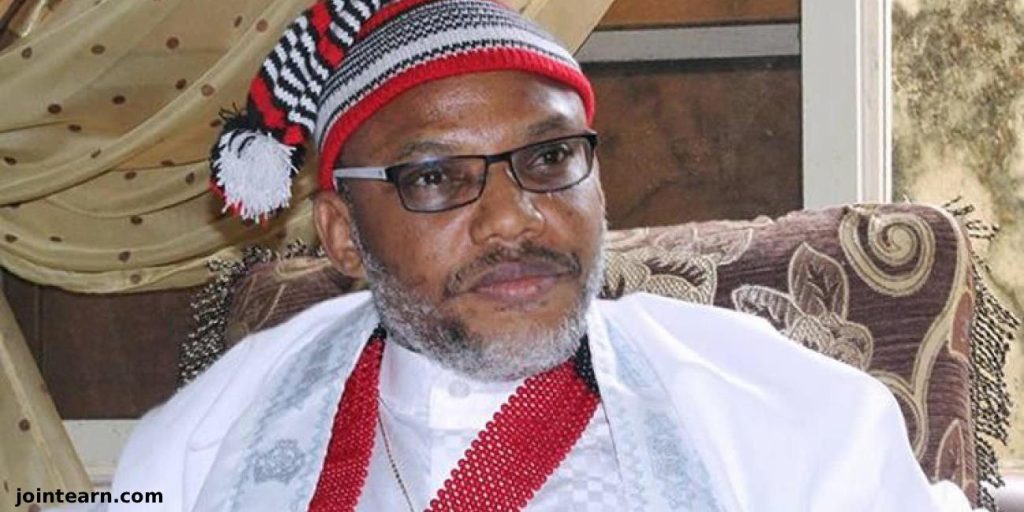
The detained leader of the Indigenous People of Biafra (IPOB), Mazi Nnamdi Kanu, has filed a fresh application before the Supreme Court of Nigeria, seeking to overturn what his legal team described as a “per incuriam judgment” that “undermined justice and the rule of law.”
In a statement issued on Monday and signed by Barrister Njoku Jude Njoku, Kanu’s lawyers argued that the apex court’s ruling of December 15, 2023, which set aside the Court of Appeal’s earlier decision discharging him, was “a grave legal error” based on a repealed law.
The statement, titled “A Judgment That Destroyed Justice,” accused the five-member Supreme Court panel—led by Justice Garba Lawal and comprising Justices Emmanuel Agim, Kudirat Kekere-Ekun, Tijjani Abubakar, and Ibrahim Saulawa—of “knowingly relying on a dead statute” to justify Kanu’s continued detention and trial.
At the heart of the challenge is the Terrorism (Prevention) (Amendment) Act, 2013, which was repealed and replaced by the Terrorism (Prevention and Prohibition) Act, 2022—months before the Supreme Court’s 2023 judgment.
“The Supreme Court knew the law had died, yet proceeded to resurrect a repealed statute to send Kanu back for trial,” Njoku claimed. “A repealed law is a legal corpse. It cannot sustain a criminal charge.”
The legal team further contended that the apex court’s action amounted to a “jurisdictional nullity,” as it violated Section 122 of the Evidence Act, 2011, which mandates courts to take judicial notice of repealed or newly enacted laws.
Njoku maintained that the ruling also stripped Kanu of his constitutional protection against double jeopardy under Section 36(9) of the 1999 Constitution, since the Court of Appeal had already discharged him.
“The judgment crushed Kanu’s constitutional shield and sent him back to face the same charges,” he said, calling the decision “judicial punishment masquerading as law.”
Kanu’s lawyers are now asking the Supreme Court to revisit its own ruling, arguing that the doctrine of finality cannot protect a judgment rooted in illegality.
“If this per incuriam judgment is allowed to stand, dead laws can be revived to prosecute citizens, and the rule of law will be permanently damaged,” Njoku warned.
He added that the move to challenge the ruling was not only about Kanu’s personal liberty but about “restoring public confidence in Nigeria’s justice system.”


Leave a Reply